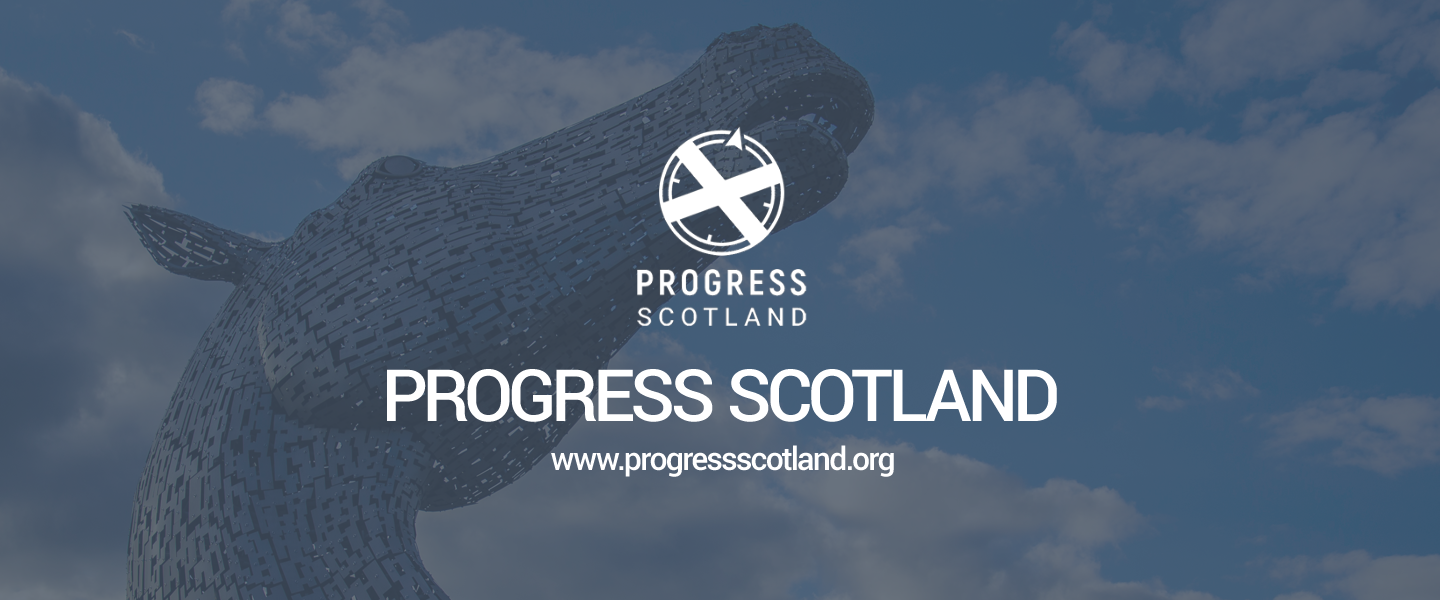
12 - 10 - 2019 / Polling
PUBLIC SUPPORT FOR YES/NO INDYREF QUESTION
As momentum grows for Indyref 2, a new poll has shown overwhelming public support for the same question to be used as 2014: ‘Should Scotland become an independent country?' The results are the first to be released from a new large-scale poll conducted by Survation for Progress Scotland.
POLL SHOWS OVERWHELMING SUPPORT FOR REPEAT OF 2014 QUESTION
In questions answered by all respondents in the poll of 2,032 people aged over 16 in Scotland, an overwhelming majority of all voters agreed that the 2014 question (Yes/No) was:
- “clear and easy to understand” with support at 88%
- “The question was fair” with support at 82%
- “I would be satisfied if that question was used again in another referendum” with support at 77%.
When asked “If there is another independence referendum, which of the following comes closest to your view about the question which should be asked?" Seven in ten respondents agreed that “The question asked should be the same as the question asked in the 2014 referendum”; only 17% agreed that “The question asked in the 2014 referendum should be changed”; while only 13% said that they “Didn’t know”.
Further details from the poll for Progress Scotland, especially on the impact of Brexit on public opinion, are scheduled to be released tomorrow (Sunday).
Angus Robertson the Managing Director of Progress Scotland said:
“As momentum grows for another independence referendum in Scotland it is striking that there is such a strong level of support for using the same question as in the 2014 referendum”.
“Not only do an overwhelming majority agree that the 2014 question was: ‘clear and easy to understand’, but also that ‘The question was fair”, and that “I would be satisfied if that question was used again in another referendum’.
“It is also particularly noteworthy that there was a clear majority for using the same question as 2014 regardless of votes cast in 2014 independence referendum, 2016 EU Referendum and 2017 general Election Vote as well as supporters of all major parties”.
“We look forward to releasing further details from the large sample poll tomorrow (Sunday), and believe there is a major public interest in changing views about Scottish independence. We are hugely grateful for the support of subscribers who help fund this research.
Further poll details will be available on the Progress Scotland website, where it is also possible to support further research by becoming a subscriber”.
QUESTIONS:
In the 2014 Scottish independence referendum, the question on the ballot paper was ‘Should Scotland become an independent country’ with the options of Yes or No. To what extent do you agree or disagree with the following statements about that question?
The question was clear and easy to understand
- Agree: 88%
- Disagree: 5%
- Neither agree nor disagree: 7%
- Don’t know: 1%
The question was fair
- Agree: 82%
- Disagree: 8%
- Neither agree nor disagree: 10%
- Don’t know: 2%
I would be satisfied if that question was used again in another referendum
- Agree: 77%
- Disagree: 9%
- Neither agree nor disagree: 11%
- Don’t know: 2%
If there is another independence referendum, which of the following comes closest to your view about the question which should be asked?
- The question asked should be the same as the question asked in the 2014 referendum: 70%
- The question asked in the 2014 referendum should be changed: 17%
- Don’t know: 13%
There was a clear majority for using the same question as 2014 regardless of votes cast in 2014 independence referendum, 2016 EU Referendum and 2017 General Election Vote:
- 2014 Yes: 79%
- 2014 No: 72%
- 2016 Leave: 79%
- 2016 Remain: 74%
- 2017 Lib Dem: 69%
- 2017 Con: 73%
- 2017 Lab: 72%
- 2017 SNP: 80%

